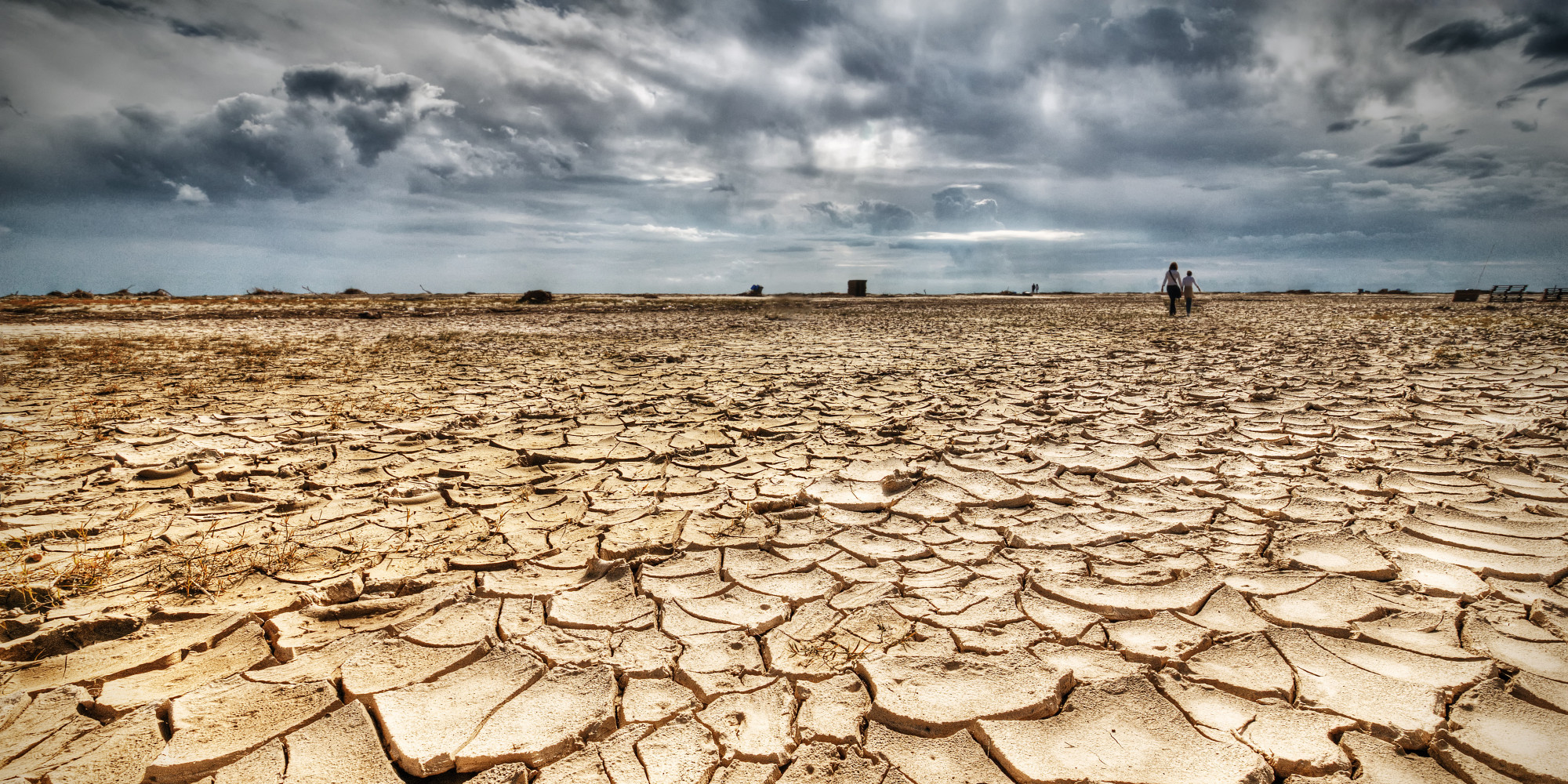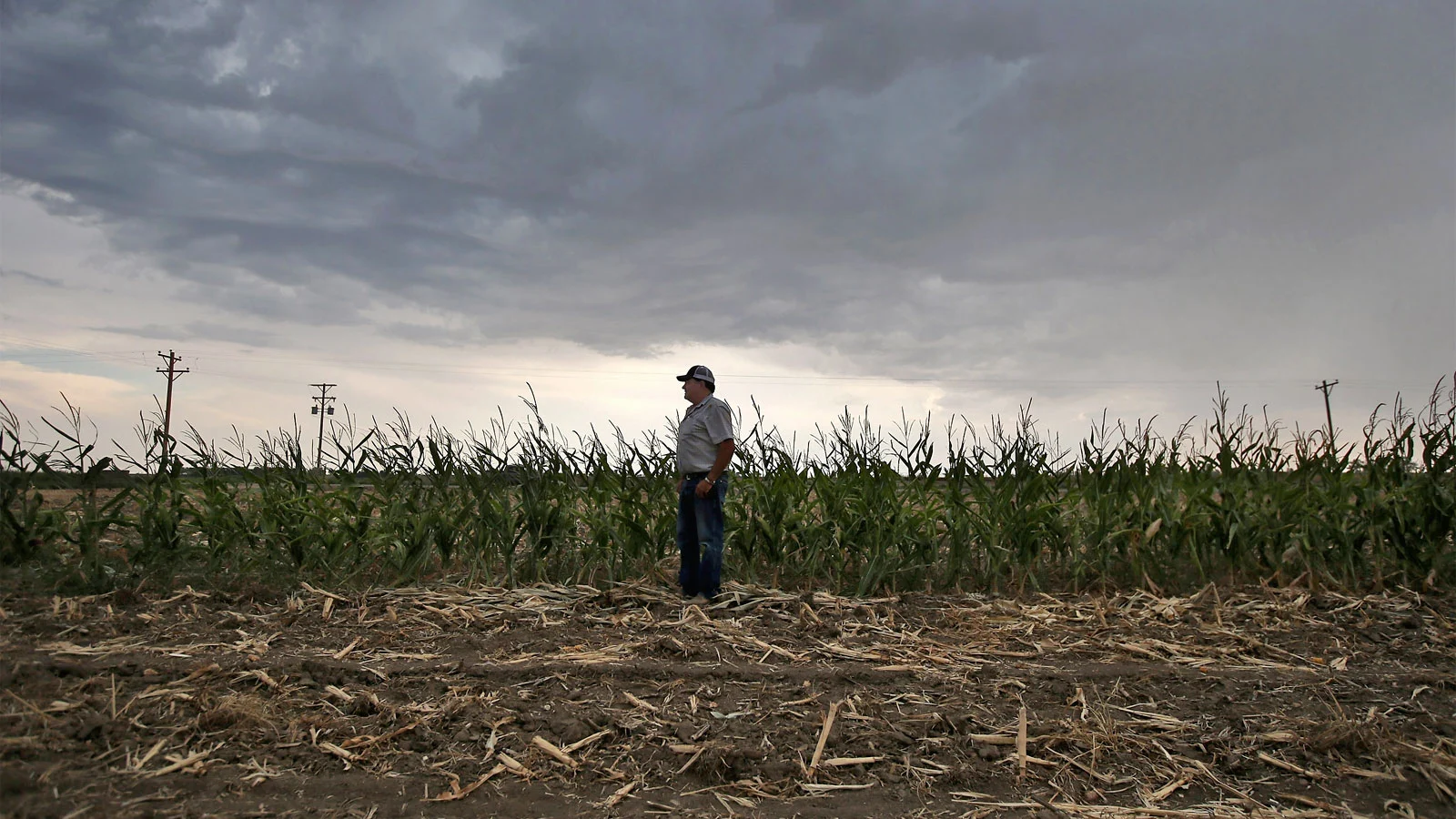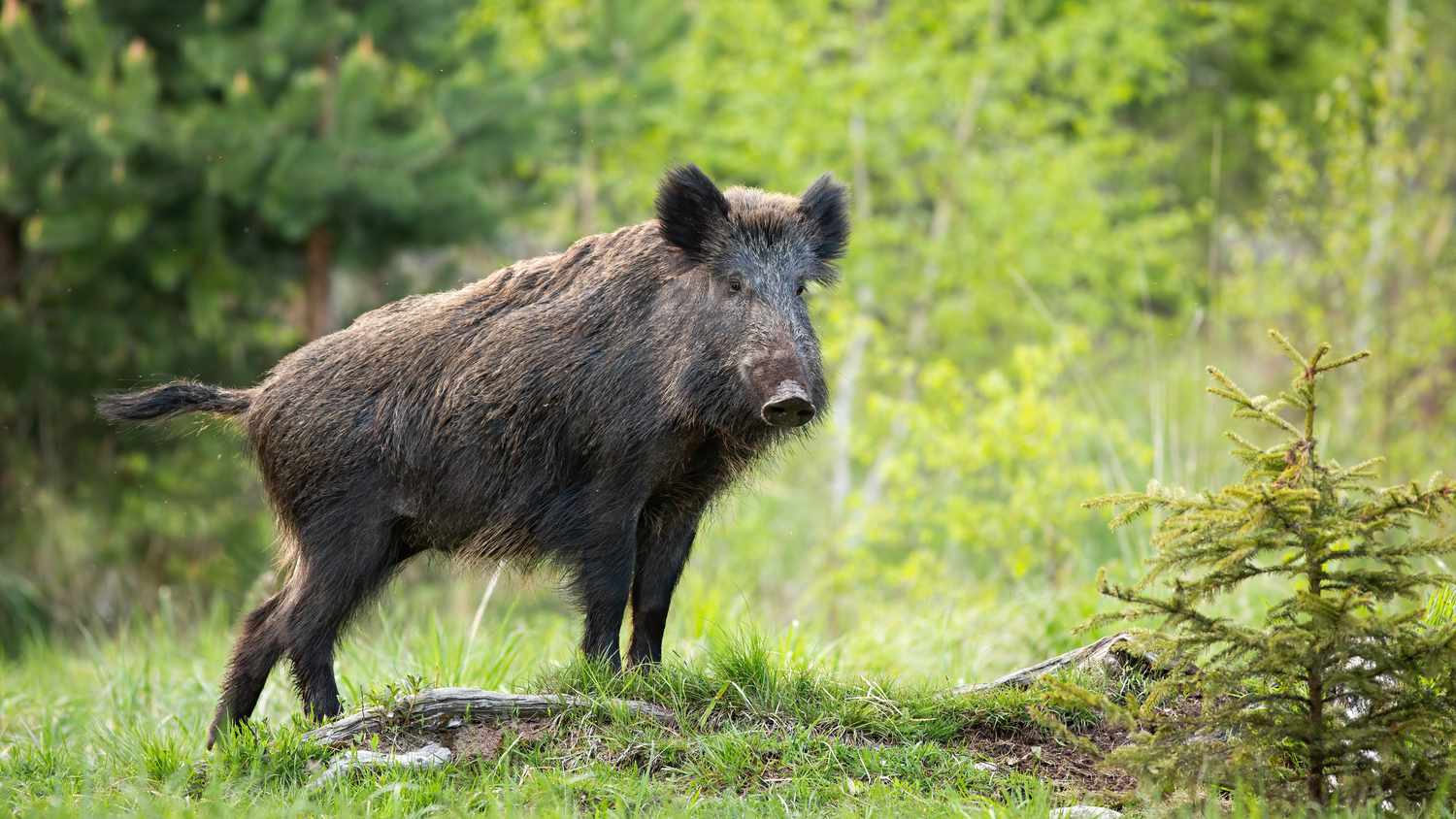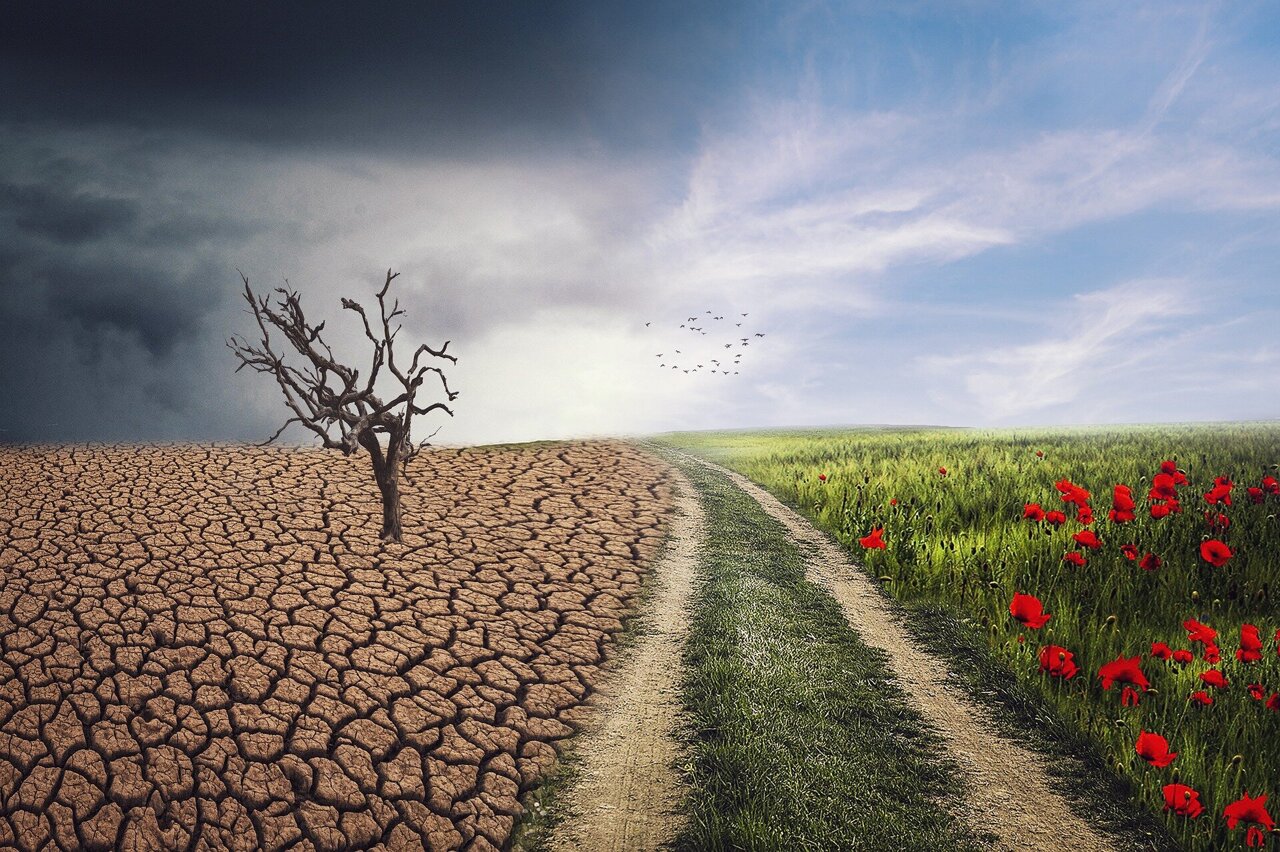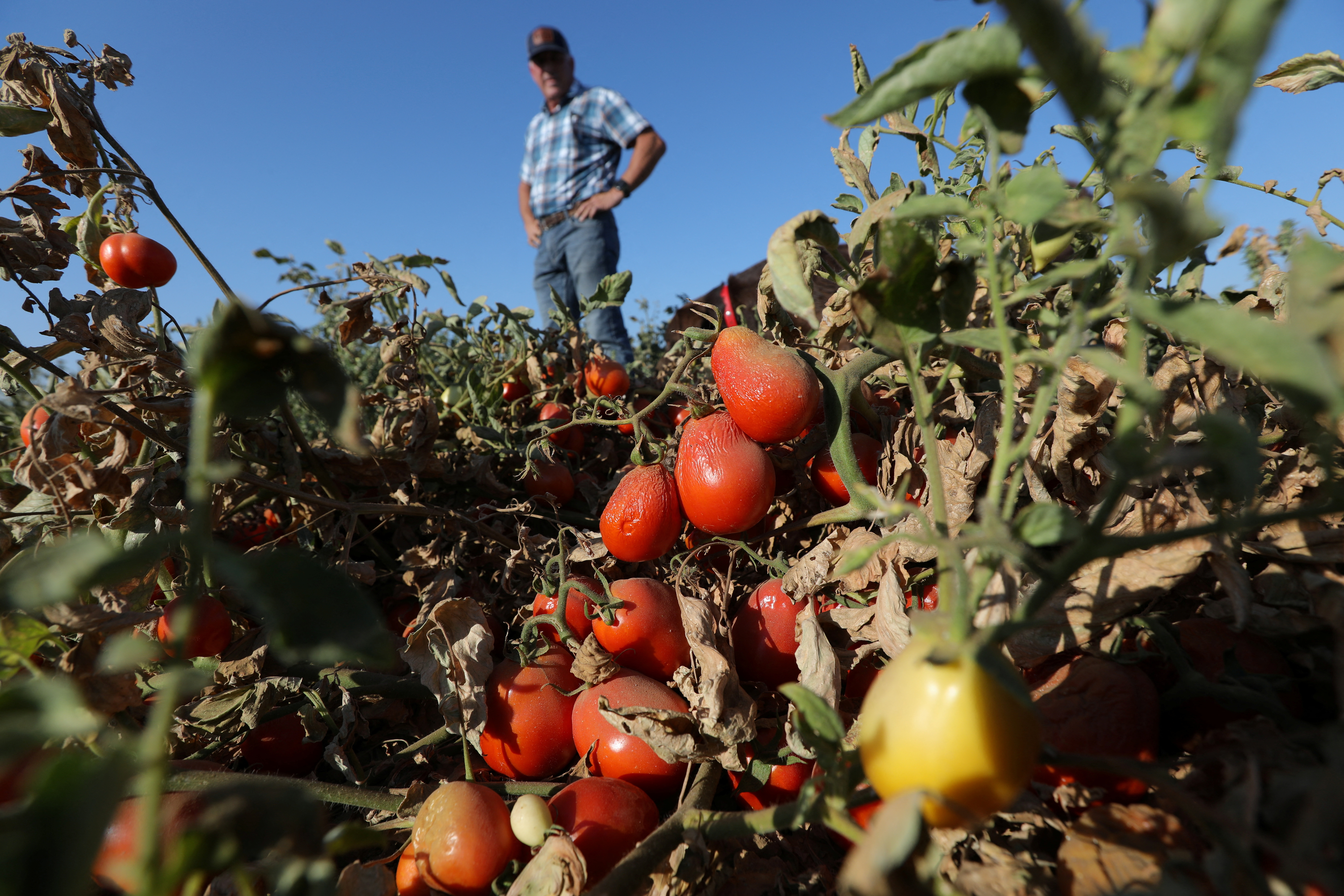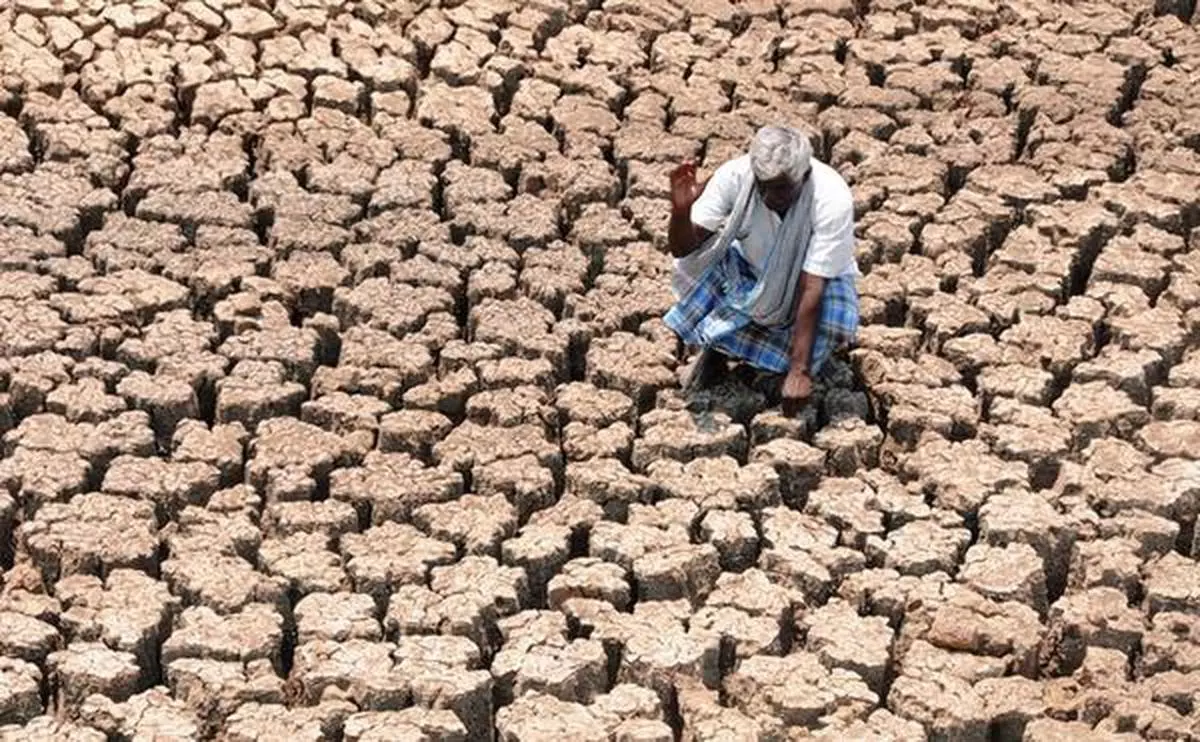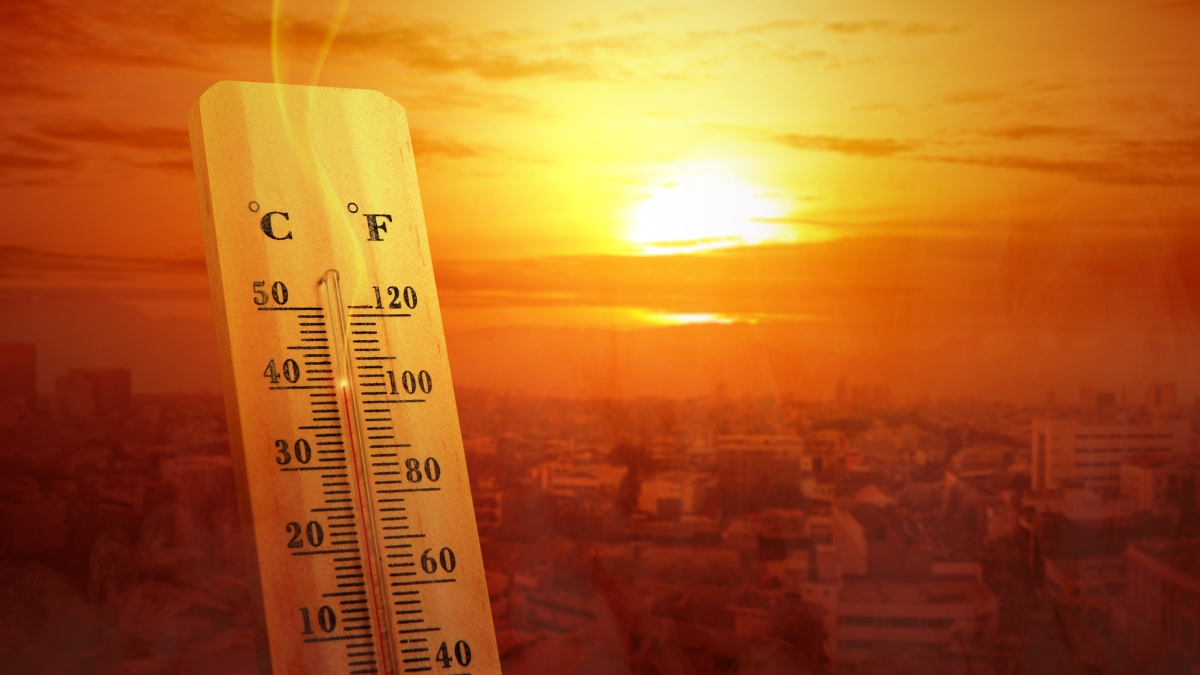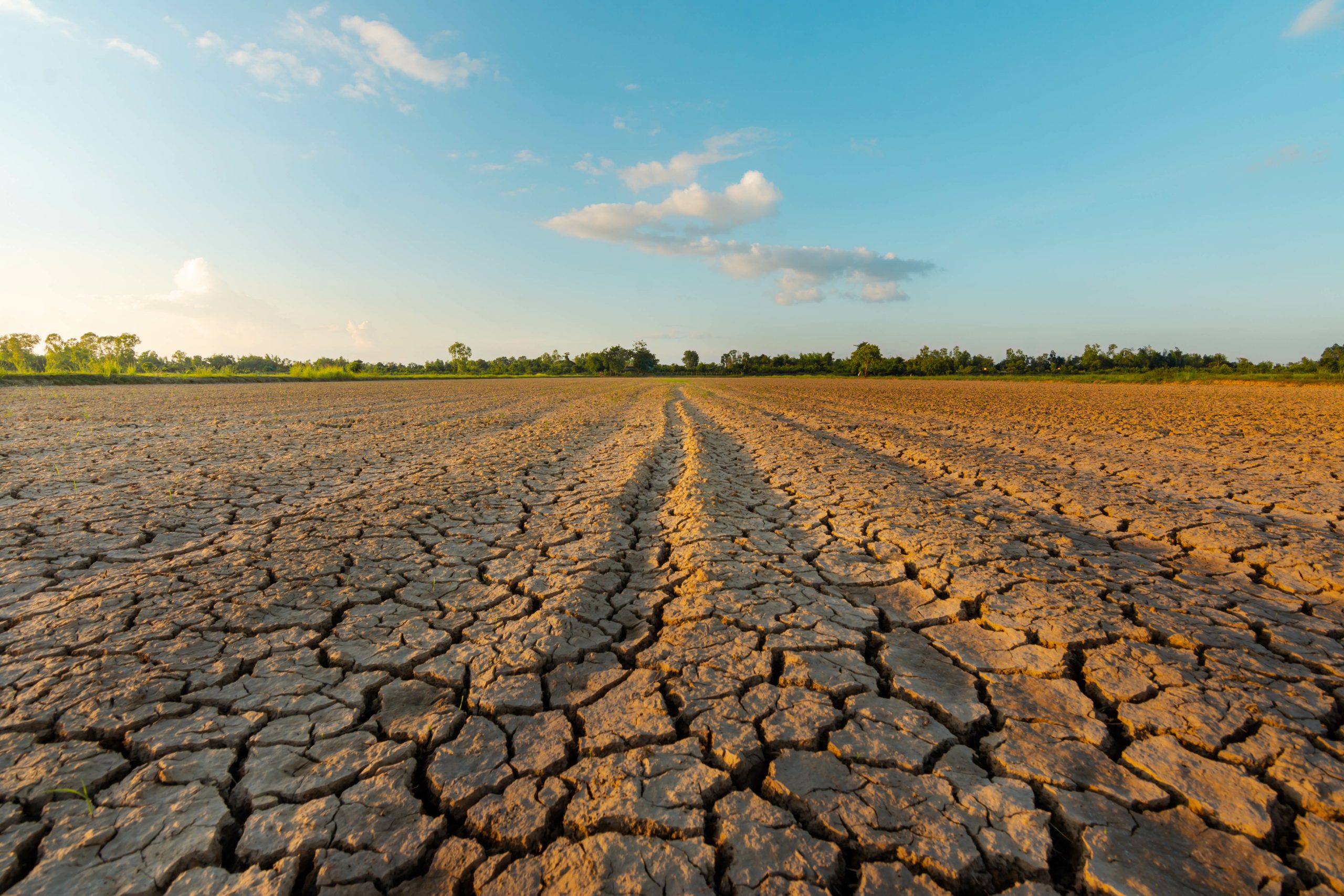According to the work of an international team of researchers, drought areas in Europe will double in size under a three-degree Celsius global warming scenario — from 13% of total area (calculated for the reference period 1971-2000) to 26%. If warming can be limited to 1.5°C, the target of the Paris Climate Protection Agreement, this expansion can be restricted to 19% of the total area, the researchers add.
With the exception of the Scandinavian region, droughts will also last longer — three to four times longer than in the past. Overall, some 400 million people could be affected by droughts throughout Europe. Europe, dry One of the areas that the team says will see the worst consequences is also one of the prettiest today — the Mediterranean region. Droughts here could expand from 28% of the area (calculated over the reference period) to 49% in some of the more extreme scenarios. Droughts would also last for significantly longer in Southern Europe than they do today. “In the event of a three-degree warming, we assume there will be 5.6 drought months per year,” says Dr. Luis Samaniego, one of the two main authors of the study and a hydrologist at the Helmholtz Centre for Environmental Research (UFZ). “Up to now, the number has been 2.1 months. For some parts of the Iberian Peninsula, we project that the drought could even last more than seven months.” A three-degree Celsius temperature increase would also reduce water content in the soilby about 35 millimeters up to a depth of two meters. This roughly translates to a loss of 35,000 cubic meters of water per square kilometer (some 300,000 cubic feet of water per square mile) of land. It’s a huge quantity of water, a deficit that’s comparable to that experienced by large areas throughout Europe during the drought of 2003. It was one of the hottest summers ever recorded on the continent and led to crop failures or shortfalls in many areas. Alongside the economic impact, the heat wave associated with the drought claimed some 70,000 lives. The researchers warn that if we don’t take steps to address climate change, scenarios like the 2003 drought won’t be just commonplace — they will be a fond memory. Under a three-degrees-warming (Celsius) scenario, droughts of comparable intensity and extent would occur twice as often in the coming years, essentially becoming the ‘default weather’ in many parts of Europe. In the future, droughts will far exceed even this new normal state in severity and duration, with major impacts on society and economy. Under a 1.5-degree-warming (Celsius) scenario, the team estimates that the Mediterranean could be looking at roughly 3.2 months of drought annually and a decline in water content by about eight millimeters. If, on the other hand, global warming increases by only 1.5 degrees Celsius, only 3.2 months of drought could be expected annually in the Mediterranean region and there would be a decline in the water content in the soil of about eight millimeters.
Other regions in Europe will fare better than the Mediterranean across all scenarios. In the Atlantic, Continental and Alpine regions, drought areas will enlarge by under 10% of the total area, the team writes.
In the Baltic states and Scandinavia, the team estimates that changes induced by global warming to precipitation patterns will actually cause drought-affected areas to shrink by three percent. In central Europe (i.e. around Germany), warming would have relatively mild consequences, although Thober warns that “here too, summers would be drier in the future than has been the case so far.”
Source - https://www.zmescience.com
If, on the other hand, global warming increases by only 1.5 degrees Celsius, only 3.2 months of drought could be expected annually in the Mediterranean region and there would be a decline in the water content in the soil of about eight millimeters.
Other regions in Europe will fare better than the Mediterranean across all scenarios. In the Atlantic, Continental and Alpine regions, drought areas will enlarge by under 10% of the total area, the team writes.
In the Baltic states and Scandinavia, the team estimates that changes induced by global warming to precipitation patterns will actually cause drought-affected areas to shrink by three percent. In central Europe (i.e. around Germany), warming would have relatively mild consequences, although Thober warns that “here too, summers would be drier in the future than has been the case so far.”
Source - https://www.zmescience.com


